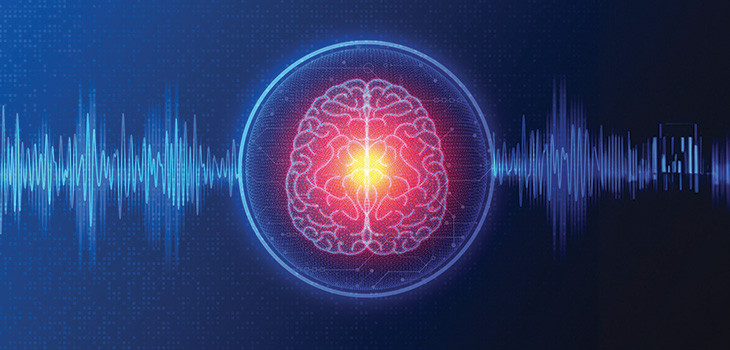
- Huge strides are being made in developing neurotechnologies with the potential to combat a wide range of conditions, from cerebral palsy and limb loss to blindness and chronic depression.
A paradigm shift is emerging. The fields of neurology, neurosurgery and neuro-rehabilitation are experiencing a period of unprecedented transformation, driven by remarkable advancements in implantable neurotechnologies. These technologies, once confined to the realm of science fiction, are rapidly transitioning from research laboratories to widespread clinical application, fundamentally reshaping our understanding of neurological injury and its profound consequences. This paradigm shift goes to the heart of our duty as lawyers. Restitutio in integrum inherently involves looking at what assistive tech is available. And now Restitutio in integrum is possible in ways that were previously unthinkable.
In days gone by, the claimant who lost an eye









